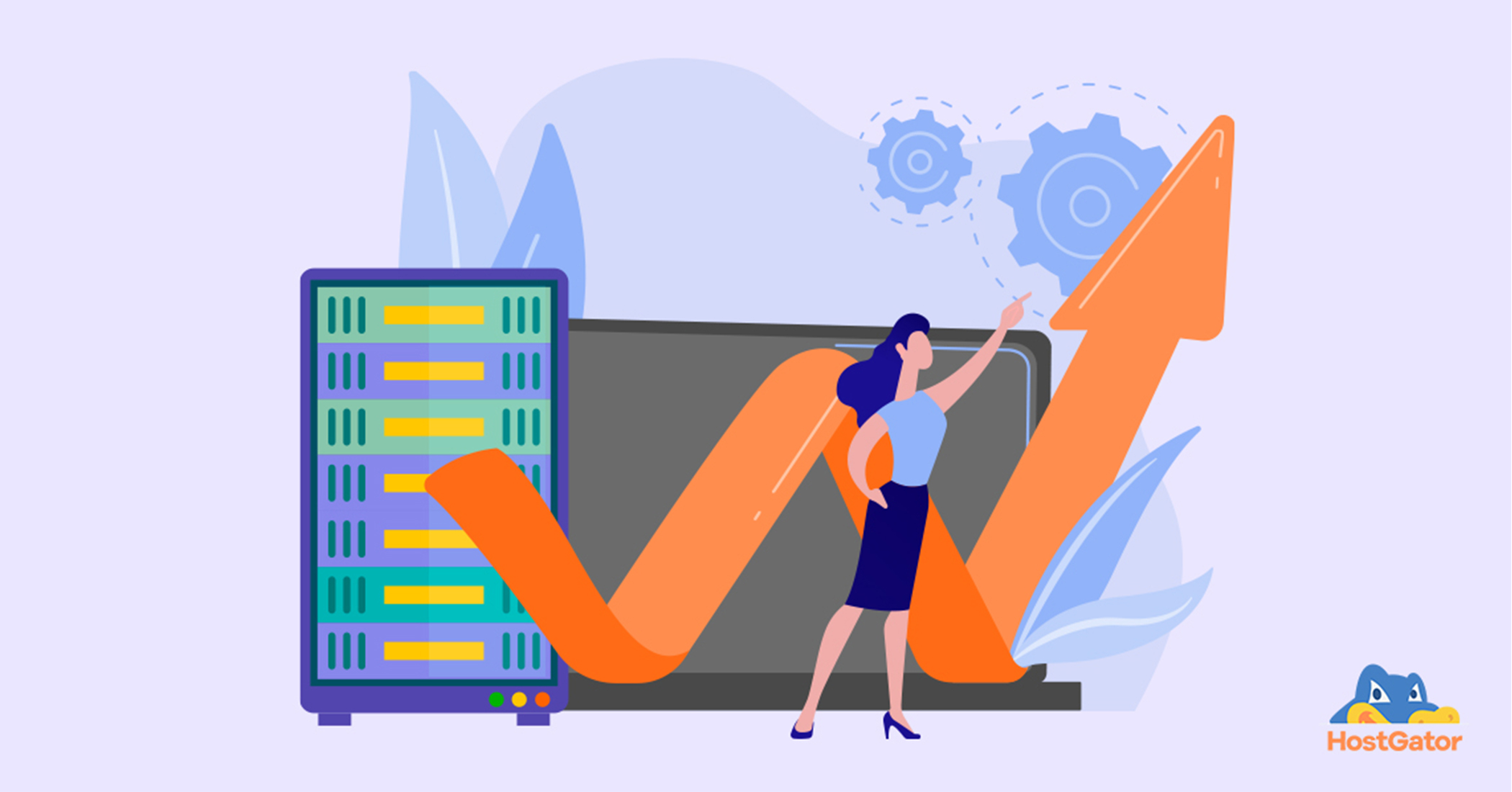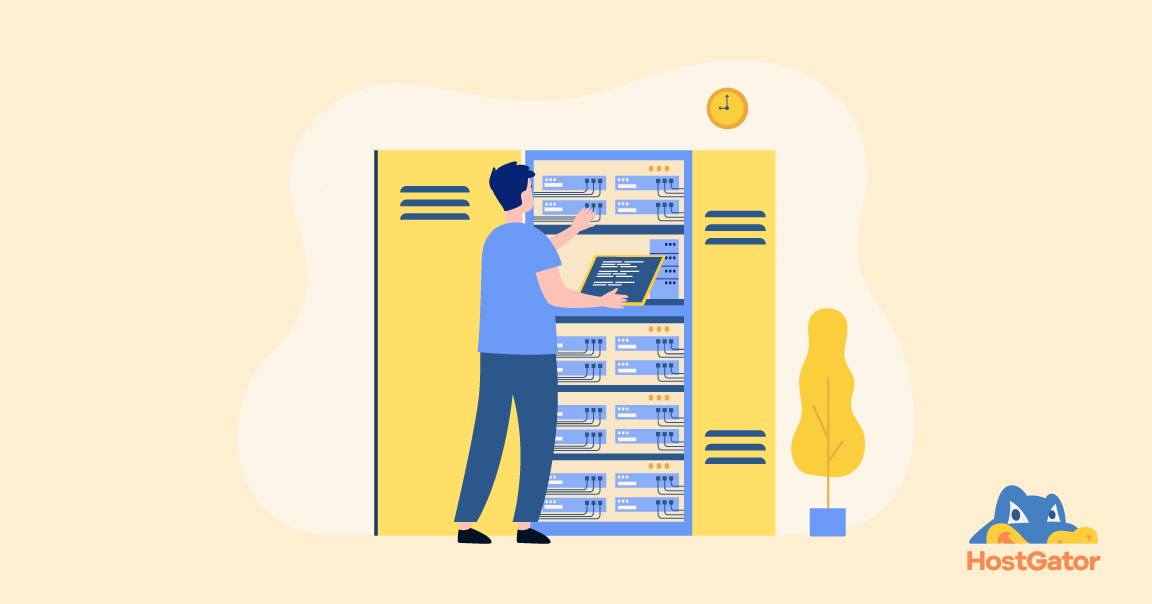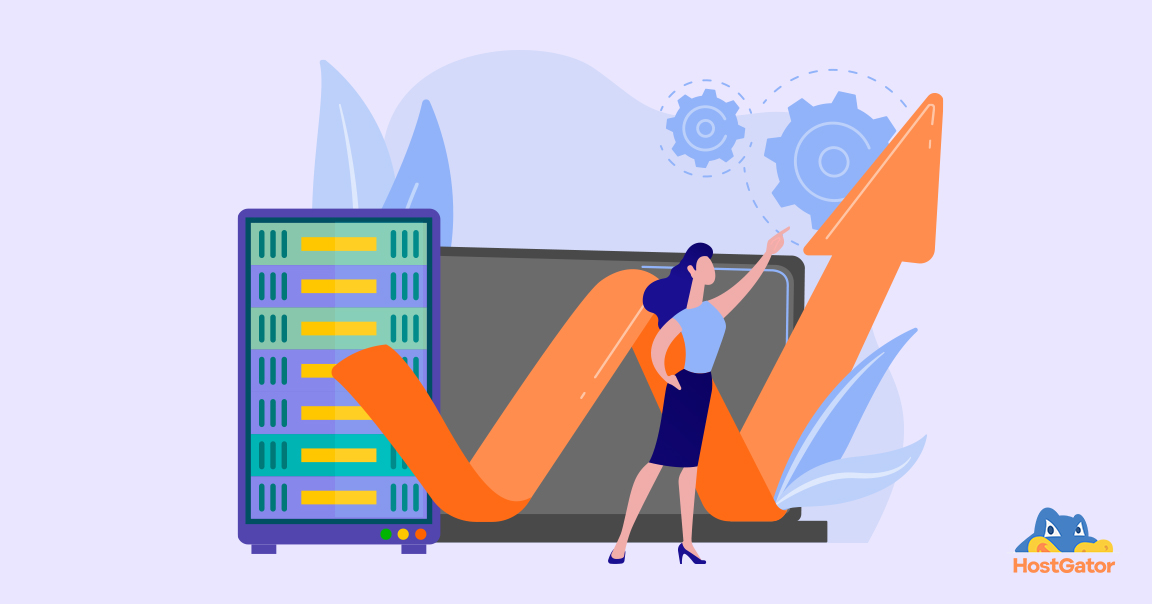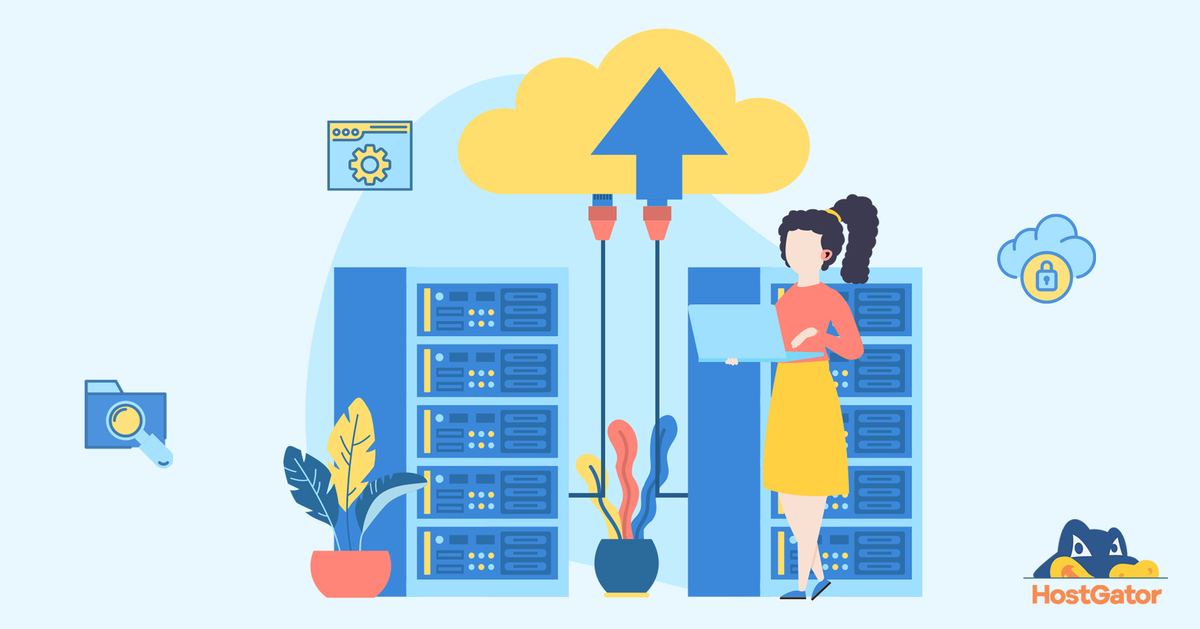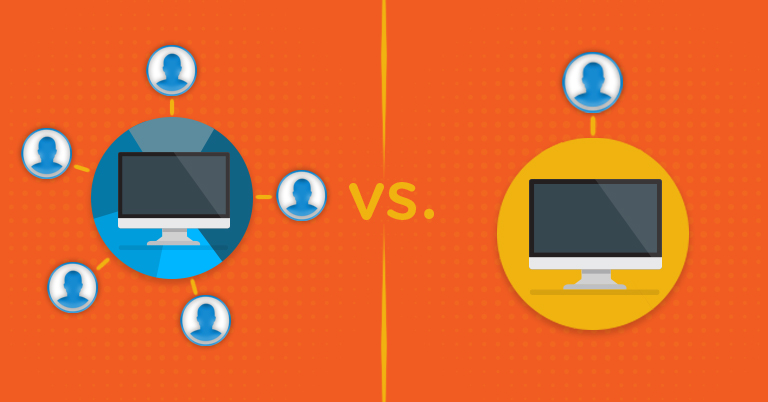One of the key decisions you’ll face when setting up your website is choosing between a dedicated and non-dedicated server. Understanding the difference between dedicated and non-dedicated servers is essential for making the right choice for your needs. Let’s explore the details of these two server types.
What is a Dedicated Server?
A dedicated server is a physical machine exclusively allocated to a single user or organisation. It provides full control over hardware resources, including CPU, RAM, and storage. Users have complete administrative access, allowing customisation of software, security settings and server configuration.
Dedicated servers offer superior performance, reliability and security, making them perfect for high-traffic websites, complex applications, and businesses with specific compliance requirements.
Key Features of Dedicated Servers:
- Exclusive Resources: All server resources are dedicated to your website alone.
- Enhanced Performance: Faster loading times and better handling of high traffic.
- Increased Security: Better protection for sensitive data and transactions.
- Full Control: Ability to customise server settings and software as needed.
- Unique IP Address: Your website gets its IP address
What is a Non-Dedicated Server?
A non-dedicated or shared server hosts multiple websites on a single physical machine. Resources like CPU, RAM and storage are divided among users, leading to potential performance fluctuations.
While more affordable, shared servers or non-dedicated servers offer limited customisation and control. They’re suitable for small websites with moderate traffic. However, resource competition can impact site speed and reliability. Security concerns may also arise due to shared environments, making them less ideal for sensitive data or high-traffic sites.
Key Features of Non-Dedicated Servers:
- Shared Resources: Server resources are divided among multiple websites.
- Cost-Effective: Lower pricing due to shared costs among users.
- Limited Control: Less flexibility in server configurations and software choices.
- Shared IP Address: Your website may share an IP address with other sites.
- Suitable for Smaller Websites: Ideal for small businesses or websites with lower traffic.
The Main Differences Between Dedicated and Non-Dedicated Servers
Here’s an overview of the main differences between dedicated and non-dedicated servers:
| Aspect | Dedicated Server | Non-Dedicated Server |
| Resource Allocation | Entire server resources allocated to a single user | Resources shared among multiple users |
| Performance and Speed | Consistently high performance and speed | Performance may fluctuate based on other users’ activity |
| Cost | Higher cost due to exclusive use of hardware | Lower cost due to shared resources |
| Security | Enhanced security with full control over the server | Security may be impacted by other users on the same server |
| Customisation and Control | Full control over server configuration and software | Limited control, often restricted by the hosting provider |
| Scalability | Requires hardware upgrades for scaling | Easier to scale resources up or down as needed |
Now, let’s explore the key differences between dedicated servers and non-dedicated servers in more detail.
Resource Allocation
The most significant difference between a dedicated and non-dedicated server lies in how resources are allocated. A dedicated server gives you complete control over the server’s resources. This means you have full access to the CPU, RAM, and storage, allowing for optimal performance even during traffic spikes.
On the other hand, a non-dedicated server shares its resources among multiple websites. If one website on the server has a sudden traffic increase, it may influence other sites on the server.
Performance and Speed
When it comes to performance, dedicated servers have a clear advantage. Dedicated servers are better able to handle high traffic because they only use resources for one website. This means that websites load faster, and users have a better experience.
Due to resource pooling, non-dedicated servers can handle modest traffic but may load slower during peak hours. This difference between dedicated and non-dedicated servers becomes more apparent as your website grows and attracts more visitors.
Cost
One of the most significant factors in choosing between a dedicated and non-dedicated server is cost. Dedicated servers are generally more expensive, with prices starting from Rs.6289 per month or even higher for high-end configurations. This higher cost reflects the exclusive use of resources and enhanced performance.
Non-dedicated servers, being shared among multiple users, are considerably more affordable. Prices for non-dedicated servers typically range from Rs.69 per month, making them an attractive option for small businesses or websites just starting out.
Security
Any website, particularly those managing sensitive data or e-commerce, requires security. Dedicated servers offer superior security compared to non-dedicated servers. A dedicated server lets you customise safety measures and take complete control.
Non-dedicated servers, while still secure, may be more vulnerable to security breaches due to the shared environment. If one website on the server is compromised, it could potentially affect others sharing the same server.
Customisation and Control
Another key difference between dedicated and non-dedicated servers is the level of customisation and control they offer. Dedicated servers provide you with complete server control. You can install custom applications, pick your operating system, and customise the server to your needs.
Non-dedicated servers offer limited customisation options. You’re typically restricted to the software and configurations provided by the hosting company, which may not always align with your specific needs.
Scalability
As your website grows, your hosting needs may change. Dedicated servers offer excellent scalability options. You can easily upgrade hardware components or switch to a more powerful server as your traffic increases.
Non-dedicated servers also offer scalability, but it’s often more limited. While you can usually upgrade to a higher-tier shared hosting plan, there may come a point where you outgrow the capabilities of a non-dedicated server entirely.
When to Choose a Dedicated Server?
Considering the differences between dedicated servers and non-dedicated servers, here are some scenarios where a dedicated server might be the best choice:
- High-Traffic Websites: If your website starts getting a large number of visitors daily, a dedicated server can handle the load more effectively.
- E-commerce Sites: For online stores processing sensitive customer data and financial transactions, the enhanced security of a dedicated server is crucial.
- Resource-Intensive Applications: Websites running complex applications or databases that require significant processing power benefit from dedicated resources.
- Customisation Needs: If you require specific server configurations or software that isn’t available on shared hosting, a dedicated server gives you that flexibility.
- Compliance Requirements: Some industries have strict data handling and security regulations that may necessitate the use of a dedicated server.
When to Opt for a Non-Dedicated Server
While dedicated servers offer numerous advantages, there are situations where a non-dedicated server might be more suitable:
- Small Businesses: For small businesses or personal websites with moderate traffic, a non-dedicated server can provide sufficient performance at a lower cost.
- Budget Constraints: If you’re working with a limited budget, a non-dedicated server offers a more affordable entry point for web hosting.
- New Websites: When launching a new website with uncertain traffic expectations, starting with a non-dedicated server can be a cost-effective approach.
- Low Resource Requirements: Websites with simple designs and minimal resource needs can function well on a non-dedicated server.
- Testing and Development: A non-dedicated server can be a practical choice for testing new ideas or developing websites before launch.
Making the Right Choice
Choosing between a dedicated server and a non-dedicated server depends on various factors, including your website’s needs, budget, and growth expectations. Here are some tips to help you make the right decision:
- Assess Your Current Needs: Evaluate your website’s current traffic, resource requirements, and performance needs.
- Consider Future Growth: Think about your website’s potential growth and how it might affect your hosting needs in the future.
- Analyse Your Budget: Determine how much you’re willing to invest in web hosting and balance it against the features you need.
- Evaluate Security Requirements: If you handle sensitive data, prioritise the enhanced security offered by dedicated servers.
- Consider Technical Expertise: Dedicated servers often require more technical knowledge to manage. Ensure you have the necessary skills or resources.
- Start Small and Scale: If you’re unsure, you can start with a non-dedicated server and upgrade to a dedicated server as you need more resources.
Conclusion
Understanding the difference between dedicated and non-dedicated servers is crucial for making an informed decision about your web hosting needs. While dedicated servers offer superior performance, security and customisation options, they come at a higher cost.
Non-dedicated servers, on the other hand, provide a more affordable solution suitable for smaller websites or those just starting out.
Experience unparalleled power and control with HostGator dedicated server hosting, where your website gets exclusive access to top-tier hardware and resources. Our fully managed dedicated servers offer lightning-fast performance, ironclad security and 24/7 expert support, empowering your business to thrive online without compromise.

